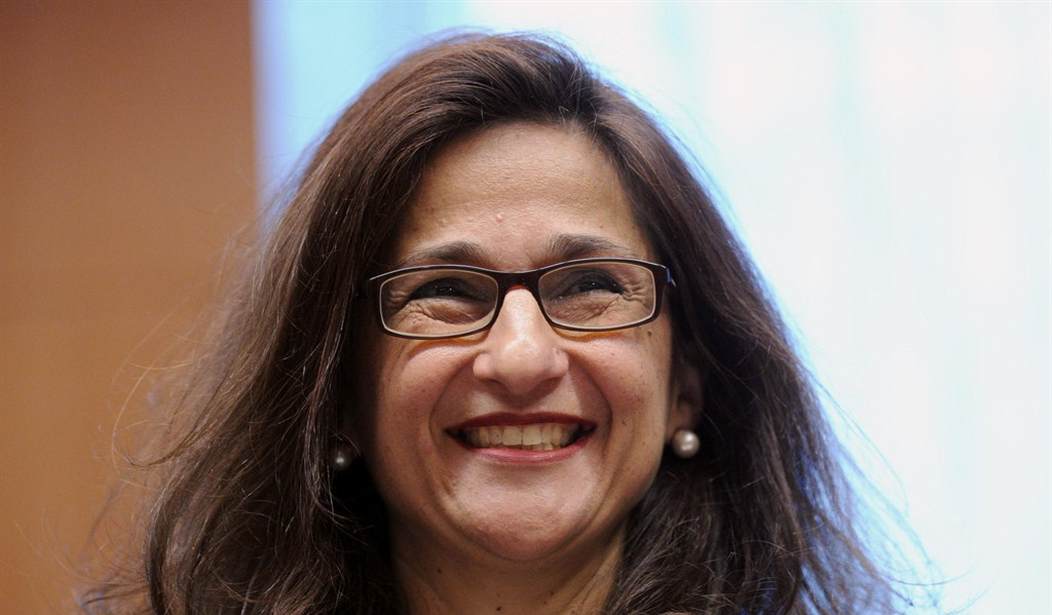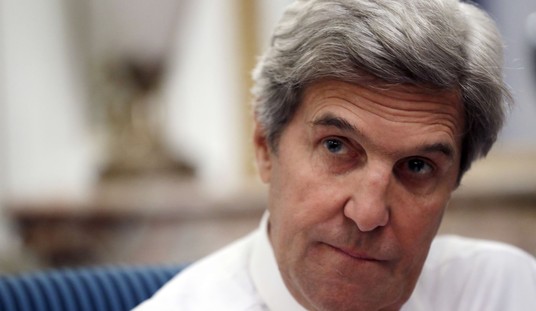Nemat Shafik, President of Columbia University, knew she was in trouble the minute she was summoned to testify by the Republican-led Committee on Education and the Workforce in the House. This same committee dismantled former Harvard President Claudine Gay for her milquetoast responses to questions about antisemitism on Harvard's campus.
For Gay, her eventual undoing was due to plagiarism charges. But the atmosphere had already been poisoned because she couldn't bring herself to condemn antisemitism.
Shafik made no such error. However, she violated the privacy of students and professors and attacked the concept of academic freedom. Her attempt to cater to the whims of politicians only made her look pathetic while still failing to deal effectively with the issue of antisemitism on Columbia's campus.
“I promise you, from the messages I’m hearing from students, they are getting the message that violations of our policies will have consequences,” Dr. Shafik told the committee. She said 15 students had been suspended for antisemitic comments or actions, and that one pro-Palestinian professor “will never work at Columbia again.”
And when some committee members asked about removing another professor from a leadership position, she eventually made a decision on the spot. “I think I would, yes," she said.
Suspending 15 students when the pro-Palestinian protests drew thousands of students is hardly taking "strong action" against antisemitism. But disciplinary matters are historically confidential and even mentioning them in a public forum is seen by some academics as a violation of academic freedom.
In bending toward House Republicans in Washington, Dr. Shafik may have further divided her New York City campus, where students had pitched tents and set up a “Gaza Solidarity Encampment” early on Wednesday in open violation of university demonstration policies. Activists have rejected charges of antisemitism, and say they are speaking out for Palestinians, tens of thousands of whom have been killed by Israel’s invasion of Gaza.
Sheldon Pollock, a retired Columbia professor who helps lead Columbia’s chapter of the American Association of University Professors, said Dr. Shafik had been “bulldozed and bullied” into saying things she would regret.
“What happened to the idea of academic freedom?” Dr. Pollock asked. “I don’t think that phrase was used even once.”
We all know that "academic freedom" is a buzzword sometimes used on the left to stifle debate or silence conservative academics. However, the concept is vitally necessary for the freedom of thought to flourish on campus. Without that freedom, both right and left would be open to the subjective whims of ideological academics. As long as it exists, conservatives on campus have at least some protection from the dominant liberal biases present on many campuses.
Former Harvard President Claudine Gay got into trouble when answering a question about whether calls for genocide violate Harvard's code of conduct. She said it depended on "context," which was the 100% wrong answer.
But Shafik would only say, "Yes, it does" which was an equally nebulous answer.
Dr. Shafik explained that the university had suspended two student groups, Students for Justice in Palestine and Jewish Voice for Peace, because they repeatedly violated its policies on demonstrations.
She also seemed more willing than the leaders of Harvard or Penn to condemn and potentially discipline students and faculty who use language like “from the river to the sea, Palestine will be free.” Some people believe the phrase calls for the elimination of the state of Israel, while its proponents say it is an aspirational call for Palestinian freedom.
“We have some disciplinary cases ongoing around that language,” she said. “We have specified that those kinds of chants should be restricted in terms of where they happen.”
So advocating genocide "should be restricted in terms of where they happen"? Incredible.
Matters of discipline, either students or faculty, should be a confidential matter. Shafik violated that tradition by naming professors who were under investigation or let go.
This has led some defenders of academic freedom to express alarm over the congressional inquiry.
“We are witnessing a new era of McCarthyism where a House Committee is using college presidents and professors for political theater,” said Irene Mulvey, the president of the American Association of University Professors. “They are pushing an agenda that will ultimately damage higher education and the robust exchanges of ideas it is founded upon.”
Mulvey isn't wrong, but she's exaggerating. The antisemitism issue is important to academic freedom. But bringing McCarthy into the conversation is a tired and shopworn tactic beloved of left-wing academics. They should look to their own behavior toward conservatives before accusing anyone of using "McCarthyism."
Nemat Shafik was forced to grovel before the Committee because of the threat to Columbia's independence. She might have stood tall and used the hearing to defend academic freedom while applying standards of behavior that protect all students and faculty from hate.
She took the easy way out and bent the knee to Congress in order to keep her job.










